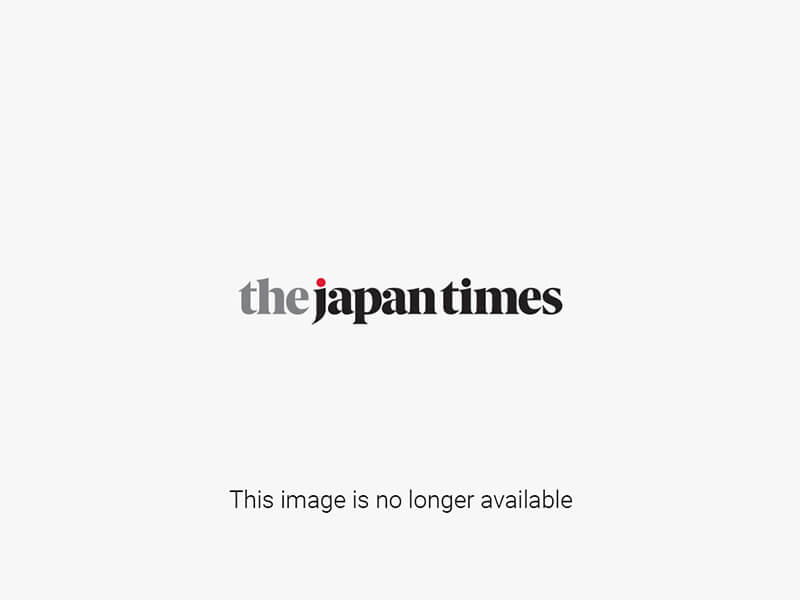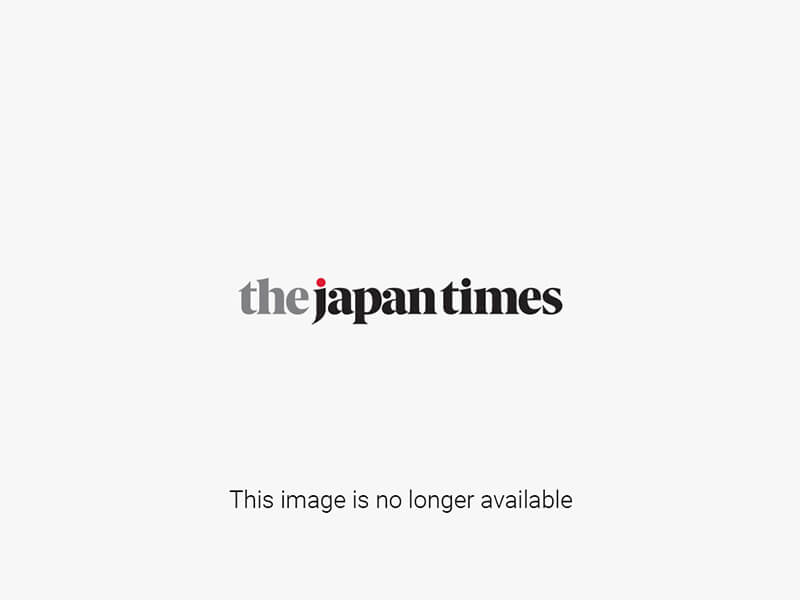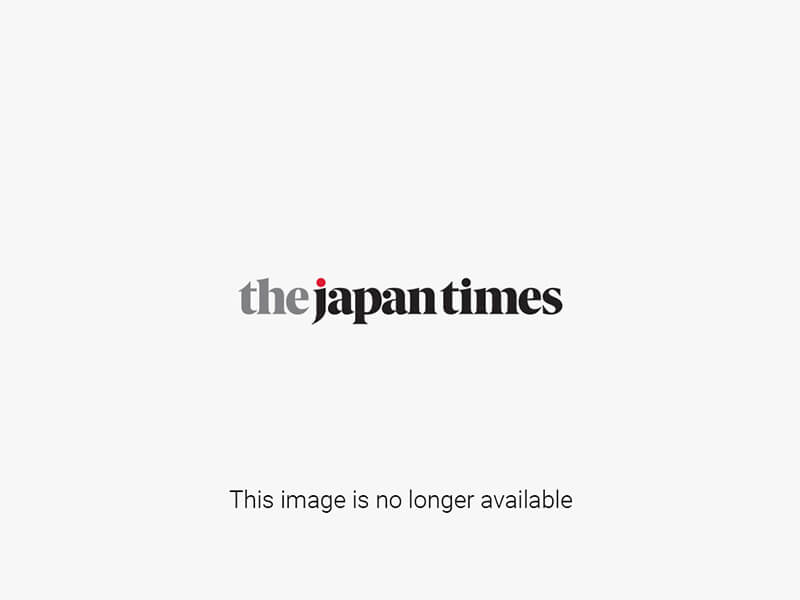In April 2018, Bahrain’s Minister of Oil Shaikh Mohamed bin Khalifa Al Khalifa announced the kingdom’s biggest hydrocarbon discovery in decades — an estimated 80 billion barrels of oil, and between 10 and 20 trillion cubic feet of natural gas had been found off the country’s west coast.
“We have good reason to believe the find is commercial,” he said: “Wells are being drilled now, will be flowing soon and our plan is to provide a full understanding of what we have toward the end of 2019. In the meantime, we are looking at a concession structure for international companies, which are welcome to either invest or partner with some of our companies to develop this large resource.”
To put the discovery’s size in context, less than 2 percent of that petroleum could supply 100 percent of the requirements of Japan, the world’s fourth- largest oil consumer, for a year. Independently confirmed by U.S. petroleum experts, the find is expected to invigorate many sectors of the increasingly diverse Bahraini economy and provide a major boost to its hydrocarbon industry by stimulating international investment.
Responsible for annual revenues of around $4.3 billion, that industry has historically been Bahrain’s leading income generator — it was the first country in the region to discover and exploit hydrocarbons, with its inaugural oil export shipment going to Japan in 1934, which also received the kingdom’s first outgoing gas consignment in the 1980s. Not including the new discovery, Bahrain has proven hydrocarbon reserves of around 125 million barrels. The government is now focused on exploiting those resources, and developing the wider oil and gas sector in order to move the kingdom from being an oil economy to being a “smart oil” economy.
This focus is opening up numerous investment possibilities in a region without “many inviting opportunities” in hydrocarbons, said the minister. Bahrain, on the other hand, has created a business-friendly environment, he noted: “We are very welcoming to international business, our regulations are also open, there are few restrictions to foreign investment and our intention is to make sure that investors entering the market make enough money to meet their investment expectations. Our exploration concession structure has been positioned to be exciting for investors. We also do a lot of the preliminary work ourselves because the more information investors have, the less risk they face.”
Bahrain offers many other advantages. As a result of its long history in oil, the sector is well established throughout the value chain from upstream to downstream. It also benefits from the kingdom’s strategic location that allows 4.5 billion inhabitants of emerging countries — soon to become the world’s largest purchasers of petroleum and its derivatives — easy access to Bahraini products.
In addition, the sector is effectively and efficiently managed with the various ministries and organizations involved working in a coordinated fashion to facilitate development and minimize bureaucracy. Industry-wide governmental strategies are coordinated by the National Oil and Gas Holding Company (NOGA) through its investment and development arm nogaholding, which aims to maximize synergies between the companies it oversees. These cover upstream, midstream and, increasingly, downstream activities as nogaholding looks to expand the value chain even further.
The minister, who is also the chairman of nogaholding, explained the specific roles of Bahrain’s main public oil and gas companies: “We have shifted all of our exploration, oil production and gas development to Tatweer Petroleum, which has been wholly owned by nogaholding since 2016. The Bahrain Petroleum Company (Bapco) now exclusively operates in the refining space, Banagas is responsible for gas processing and liquefied petroleum gas production, and we also have the Gulf Petrochemical Industries Company (GPIC) that is focused on fertilizers and petrochemicals.” Alongside these, nogaholding is promoting pioneering joint ventures between the public and private sectors, such as Bahrain LNG, the Middle East’s first regasification terminal.
A wide range of investment opportunities
All these companies have major expansion and modernization projects in progress or planned. For instance, last year’s giant discovery in the Khaleej Al Bahrain Basin is “just one of multiple upstream initiatives. That location is shale oil, so we are talking to international companies with U.S.-based unconventional technology about it,” noted the minister.
Tatweer is also working on three other upstream fronts, he added: “We have our onshore oilfield where 85 percent of the oil remains. The geology is complex so we have been talking to Japanese partners that are experienced in enhanced oil recovery technology. Then we have a deep-gas field in the same area and are looking for international partners to work with on that. Finally, we have a resource-rich area of nearly 7,000 square kilometers offshore.”
In May, an exploration and production-sharing agreement for about a third of that offshore area was signed with an Italian oil company that plans to begin drilling this year. To encourage other investors to the outstanding resources and add more value to the exploration blocks, Tatweer has enhanced its data analysis through gravity, magnetic and seismic surveys. “We are carrying out these studies to attract companies, the drilling is not something we are focused on doing ourselves,” he stressed.
Possibly the country’s largest hydrocarbon development project is the $5-billion Bapco Modernization Program, which incorporates a huge expansion for the kingdom’s only refinery. “This is probably going to be one of the most modern refineries in the region,” said the minister. Japanese input into this modernization program will be vital, he stated: “The refinery of the future needs to be safer, more available, more profitable and with the right technology you can achieve that. Engineering company JGC has always been a partner for Bapco and we also have digital control systems from Yokogawa.
“As well as the modernization program, we are planning to integrate a petrochemical complex with the refinery in the future.” He sees that complex as offering co-investment opportunities for Japanese partners: “We have done the engineering work — it is a project that just requires the pressing of a button to start it. Bahrain-based petrochemical plants are a major opportunity for Japanese contractors, trading houses and investors. We are going to be very transparent with those that move early.”
JGC is also involved with another nogaholding company: Banagas, a gas processor. “We contracted JGC to supply an additional processing facility. It delivered the project on time and below budget at the end of 2018.” Successful experiences such as this have convinced the minister that “Japan has a very big role to play in our oil and gas sector. We welcome Japanese entities, urge them to be proactive and we want to help them succeed financially.”





